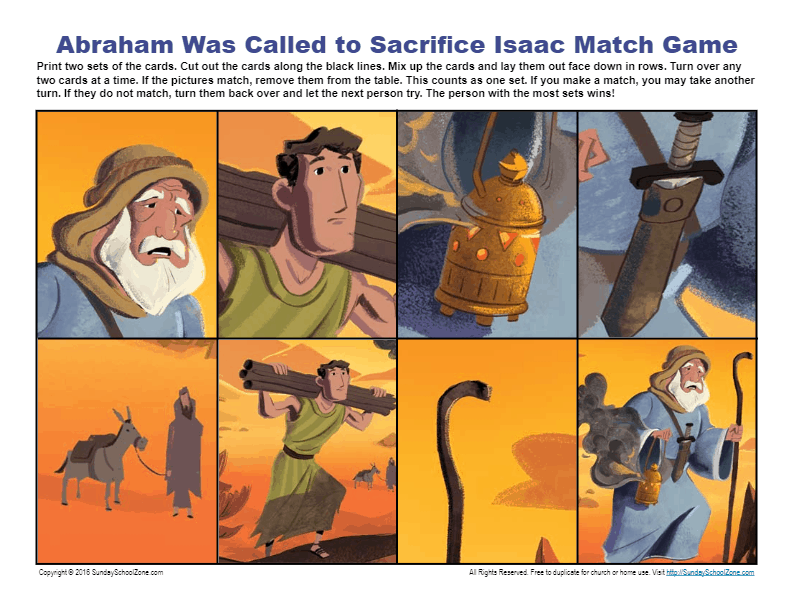Sacrifice is a concept that extends far beyond mere renunciation or suffering; it encapsulates a transformative journey—a metamorphosis of the spirit and the essence of one’s existence. In Baha’i teachings, this notion of sacrifice is inscribed with profound significance, beckoning followers to explore its multifaceted dimensions. But what does it truly mean to sacrifice? Are we relinquishing joy and abundance, or are we, in fact, uncovering a deeper, more profound life?
Exploring these inquiries prompts a challenge: can we perceive sacrifice not as a burden but as a sublime epistemological exercise that engenders growth and compassion? In an age where individualism reigns supreme, such reflections warrant consideration and action. The Baha’i perspective on sacrifice invites one to delve into selflessness, altruism, and the communal tapestry of human existence.
The Baha’i scriptures articulate a comprehensive understanding of sacrifice. Central to this understanding is the elucidation that true sacrifice transcends the physical realm, oftentimes manifesting itself in the emotional and spiritual dimensions of life. One of the key tenets nestled within these teachings is the concept of ‘selflessness’—the dismantling of the ego in favor of the collective. This idea commands one to examine their individual desires and ambitions, pondering, “Are my pursuits aligned with the greater good of humanity?”
In an increasingly fragmented society, this call to selflessness becomes ever more poignant. Modernity often nudges individuals toward an insular existence, in which personal aspirations overshadow communal responsibilities. However, the Baha’i teachings profoundly posit that fulfillment arises from connecting one’s personal aspirations to the collective endeavor—what Baha’u’llah called the “betterment of the world.” Is there a cost associated with this ethos? Certainly, as it demands the relinquishment of narrow-minded pursuits in favor of broader, more emboldened visions of unity.
Moreover, sacrifice within the Baha’i framework is inextricably linked to love and compassion. The act of sacrificing for others evolves into a high art form that promotes forgiveness, empathy, and mutual understanding. Two salient narratives in Baha’i history illuminate this teaching: the narrative of the Bab and Baha’u’llah, both of whom exemplified profound acts of sacrifice. Their lives stand as testaments to the truth that genuine sacrifice is often interwoven with acts of love—an unwavering commitment to the upliftment of humanity without expectation of recompense.
As one reflects upon the implications of this comprehensive understanding of sacrifice, a striking question emerges: what does it mean to embody love as sacrifice in our everyday lives? The challenge lies in addressing this question authentically. It is easy to consider the grand gestures, the seemingly monumental sacrifices made on behalf of others. Yet the Baha’i teachings urge us to scrutinize the small, often overlooked acts of sacrifice, such as setting aside one’s comfort for a friend in need, engaging in community service, or even nurturing an understanding ear for a distressed soul.
To cultivate a life of sacrificial love, it is imperative to foster a mindset of abundance over scarcity. One often hears the phrase, “I don’t have enough to give,” echoing the sentiments of limitation. Yet, the Baha’i principles affirm that every act, however minuscule, contributes to the greater mosaic of change. The notion of abundance invites practitioners to expand their horizons—recognizing the untapped resources of time, energy, and spirit that lie within. Such abundance leads to action; it encourages the development of inner virtues that define a Baha’i’s journey.
Furthermore, sacrifices can manifest in emotional realms—a willingness to subject oneself to discomfort in order to foster understanding with others, even amidst differing viewpoints. Navigating through challenges with grace teaches resilience and fosters mutual respect among diverse groups. In the microcosm of our relationships, we often find our most profound opportunities for growth through these seemingly minute sacrifices. Engaging with others on their terms, risking vulnerability, and investing time to genuinely comprehend differing perspectives are all dimensions of this transformative sacrificial love.
Yet, the road of sacrifice may not be devoid of shadows. Difficulties and self-doubt may cloud one’s journey, perhaps establishing a sense of isolation or questioning the very motives behind such decisions. It becomes crucial to remember that the path of a Baha’i is illuminated by faith and trust in a higher purpose. Embracing the often tumultuous journey—and its accompanying tribulations—becomes a cornerstone of personal evolution and spiritual growth.
In summary, the Baha’i teachings on sacrifice urge practitioners to embrace the interconnectedness of existence and to relinquish the self in favor of the collective. This sacrifice begets an epiphany of love and compassion, unveiling the profound realization that to give of oneself ignites the flames of unity. As one engages in even the smallest acts of selflessness, they become agents of transformation, nurturing a shared humanity and breathing life into the principles that underlie the Baha’i faith. To challenge oneself with the question of sacrifice may well catalyze a path toward a richer, more fulfilling existence—one that thrives on love, connection, and the transformative power of altruism.
